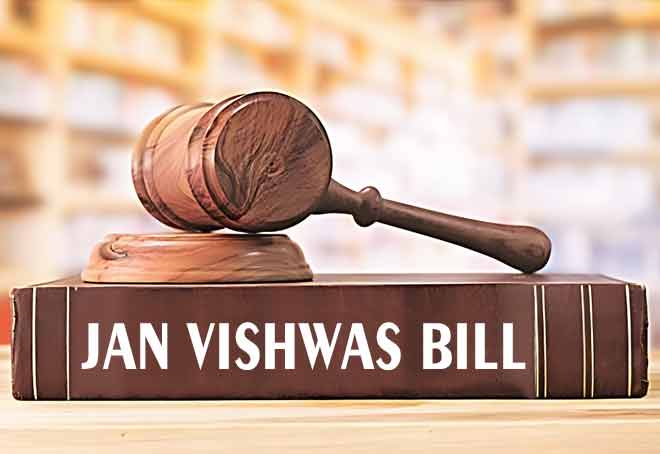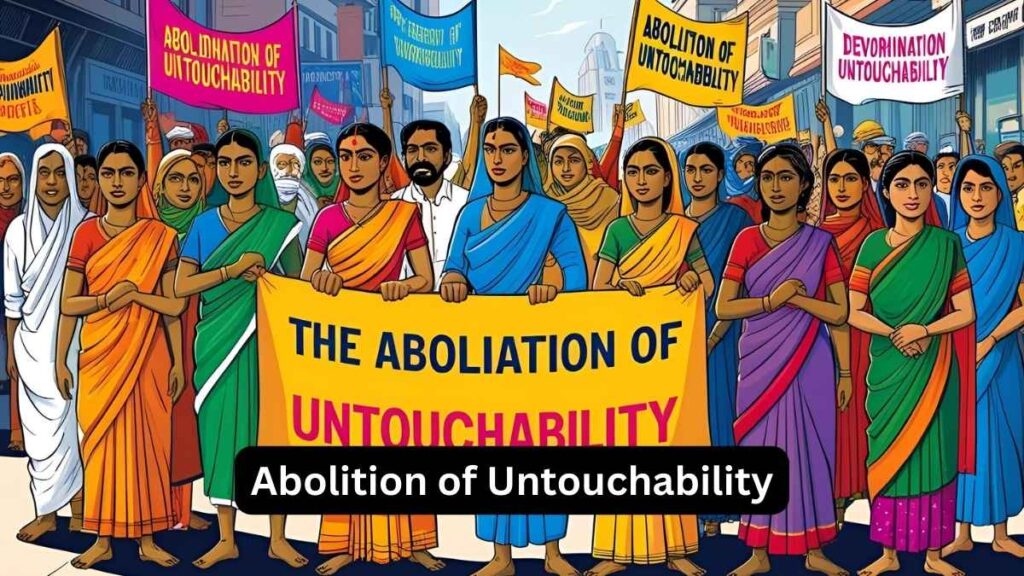Font size:
Print
Rising Tribals Demand in Rajasthan for Bhil Pradesh
Context : Rising Tribals Demand in Rajasthan for Bhil Pradesh
Recently, the Bharat Adivasi Party (BAP) has been gaining momentum, the Bhil tribal community in Rajasthan has demanded for the creation of a new state called ‘Bhil Pradesh’.
More on news:
- The tribal society is demanding the creation of a new state by merging 49 districts from Rajasthan, Maharashtra, Gujarat, and Madhya Pradesh.
- The proposed state would include 12 districts from Rajasthan.
- Population: According to Census 2011, there are 1.7 crore Bhils in India, with the largest concentrations in Madhya Pradesh (60 lakh), Gujarat (42 lakh), Rajasthan (41 lakh), and Maharashtra (26 lakh).
- The demand for Bhil Pradesh reflects longstanding aspirations among the Bhil community for greater autonomy and recognition of their unique cultural and linguistic identity.
- BAP argues that Bhils in these states share similar cultural, linguistic, and geographical characteristics, making a separate state feasible and justified.
History of the ‘Bhil Pradesh’ Demand & Recent Developments:
- Origins: The demand for a separate Bhil state dates back to 1913, when Govind Giri Banjara, a tribal activist, first raised the issue.
- During a meeting at Mangarh Hill, British forces massacred 1,500 tribals in response to their rebellion.
- Historical support for the demand has come from various tribal leaders and political figures over the years, though it has often fluctuated.
- Bharat Adivasi Party (BAP): Founded by Rajkumar Roat, a first-time MP from Banswara, the BAP has included the demand for Bhil Pradesh in its Lok Sabha poll manifesto and is actively promoting it.
- Mangarh Dham Maha Sammelan: Recently a large gathering of Bhil community members at Mangarh Dham called for the creation of Bhil Pradesh.
Overview of Bhil Community:
|
Various Statehood Demands in India at Present:
- Vidarbha: Comprises Amravati and Nagpur divisions in Maharashtra.
- Delhi: Seeks full statehood beyond the special status granted by the 69th Constitutional Amendment Act of 1991.
- Uttar Pradesh:
- Purvanchal: Eastern region of Uttar Pradesh.
- Harit Pradesh: Western Uttar Pradesh, agriculturally focused.
- Bundelkhand and Awadh Pradesh: Proposed in 2011 by Mayawati for better administration but stalled.
- Bodoland: For the Bodo ethnic and linguistic community in northern Assam.
- Saurashtra: Movement began in 1972 due to issues like inadequate water supply and job opportunities.
- Gorkhaland: Proposed state for the Gorkha (Nepali) people, covering Darjeeling hills and Dooars in West Bengal.
Potential Reasons with The Rising Separate State Demand:
- Economic Disparities: Poor regions despite rich resources, with disputes over resource sharing.
- Cultural and Linguistic Factors: Initially important but now secondary.
- Resource Competition: Competition for local resources.
- Government Neglect: Neglect and improper resource allocation.
- Cultural Differences: Variations in culture, language, and religion.
- Employment Issues: Lack of adequate job opportunities.
- Political Mobilisation: Driven by popular mobilisation and democratic processes.
Way Forward:
- Economic and social viability should take precedence over political considerations in the creation of new states.
- It is preferable to base the creation of new states on democratic concerns such as development, decentralisation, and governance, rather than factors like religion, caste, language, or dialect.
- Clear parameters and safeguards should be established to prevent unchecked demands for new states.
- Fundamental issues such as development and governance deficits including concentration of power, corruption, and administrative inefficiency must be addressed.
|
Related Constitutional Articles:
|


